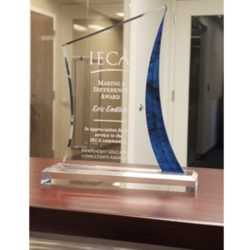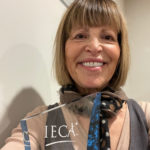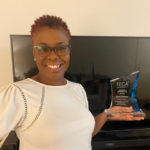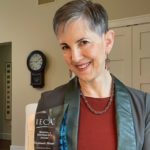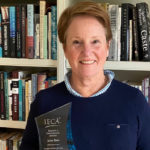While many of us have already made—and broken—resolutions for the New Year, I wanted to offer a few ideas for independent educational consultants (IECs) still exploring goals and direction for 2022.
1. Establish a personal care plan.
No one—not a parent, teacher, or an independent educational consultant—can take on the concerns, anxieties, and emotional baggage of clients without a plan to care for their own emotional well-being. Explore some of the many mindfulness apps, begin a walking routine, join a book club—whatever works for you. Choose something that will help you escape the work you do. If you get into the habit NOW, it will already be part of your normal routine when the next busy season arrives.
2. Remember the personal care needs of your employees as well.
As we close in on the two-year anniversary of COVID-19, let’s also remember that your accountant, client-services rep, tutors, and essays specialist are also dealing with demands of work and disruptions to family norms. Think about offering flexible scheduling, time for exercise, and responsiveness to COVID-related scheduling changes, and resolve to give your team space to thrive.
3. Consider how rough it has been for so many people.
In addition to health care workers, many others are bearing relentless attacks by those who seemingly blame them for things well outside of their control. This includes food servers, teachers, store clerks, and airline workers. Let’s resolve to show some grace and offer words of affirmation to those whose work has become unpleasant.
4. Take advantage of technology in ways that make your life and your clients’ lives easier.
Talk about a win-win! Consider online payment platforms, meeting schedulers, offering digital resources, and using a new social media platform—just a few examples of technology use that ought to be on your radar this year.
5. Uncover ways that you can be a better IEC to under-resourced and under-supported communities.
This could take the form of pro bono work or volunteering with a community-based organization. It can also mean looking at ways you could do a better job understanding and responding to the changing face of adolescents. As America’s teens become more diverse, resolve to take coursework, get certified, and become more knowledgeable about inclusion—whether the differences are based in race, religion, sexual identify, physical disabilities, or neurodiversity. Becoming an advocate for the under-served or marginalized makes you a stronger IEC in your own practice and in educating peers.
6. Finally, get involved in your professional IECA community.
Become a mentor, request a mentor, learn a new specialty, attend an IECA conference, present a session or lead a discussion at a conference, join Affinity Groups, and become active in your Regional Group. This is how we make the profession and the association stronger. Resolve to recommend membership to an unaffiliated IEC. Let’s strengthen our community, together.
By Mark Sklarow, IECA CEO


